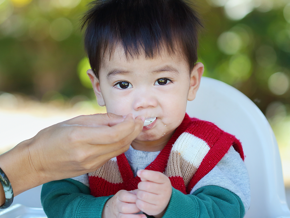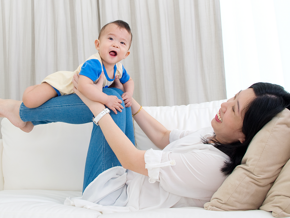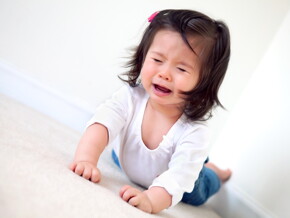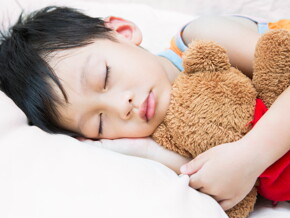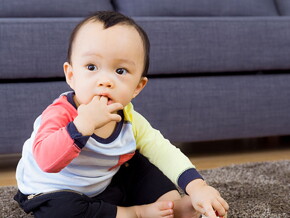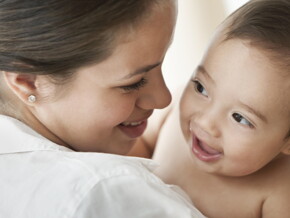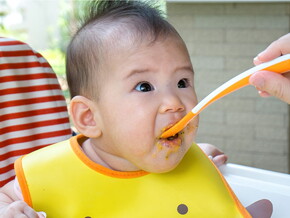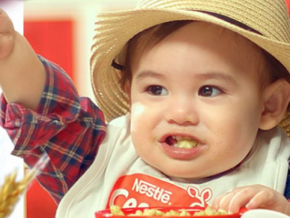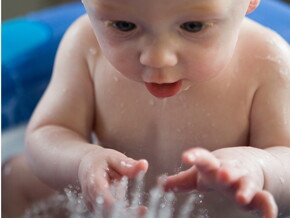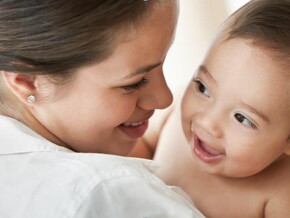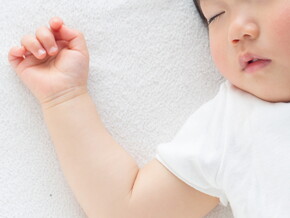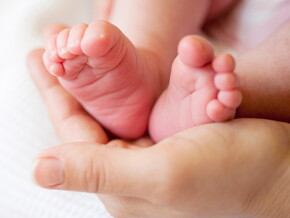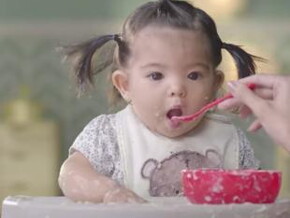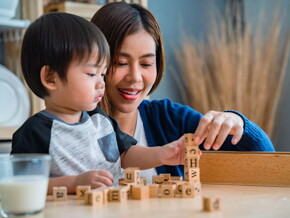
How to Build Up Baby's Immunity
Babies, unlike older kids, cannot tell us when they feel sick, except by crying or looking matamlay. How can I make my baby strong enough to fight germs or at least, protect her from getting sick often?
Like all moms, it is natural for you to want to protect your baby. Tawag natin dito – mother’s instinct! You take her in your arms to reassure her or make her feel secure. You put a small towel at her back to keep her dry and comfortable when she sweats while running around with friends. But unfortunately, you can't protect her from everything, ‘di ba? The good news is - your baby can count on her natural body defense to fight nasty germs!
GET TO KNOW BABY’S IMMUNE SYSTEM
At birth, your newborn comes into the world with her immune system not yet well-developed. Safely nestled in your womb, your little one had you to protect her from the outside world and was in a sterile environment. This is why she had almost zero intestinal flora, the good bacteria found in the tummy to help make her immune system strong.
During your infant’s first few months of life, she is protected by the antibodies you passed on to her while in the womb. This is known as passive immunity. Not to worry, mommy, your baby’s immune system will eventually mature at around age 4.
GIVE A HELPING HAND
It would always be good to give baby some help from 6 months onwards.
Tandaan - this age is that delicate time when you would be introducing a variety of solid foods to your bulilit. New foods bring changes in her intestinal flora. Baka lang her tummy will become sensitive and digestive disorders may happen.
Eto pa – this being baby’s age of exploration, she will want to touch everything she sees and put it in her mouth. Contact with more people also becomes more frequent and she now discovers that community life means sharing everything... including viruses!
So, ayan na --- the two main causes of baby getting sick. These are also two good reasons why concerned mothers like you need to offer extra protection, such as good bacteria bifidus found also in milk or yoghurt, for your baby.










